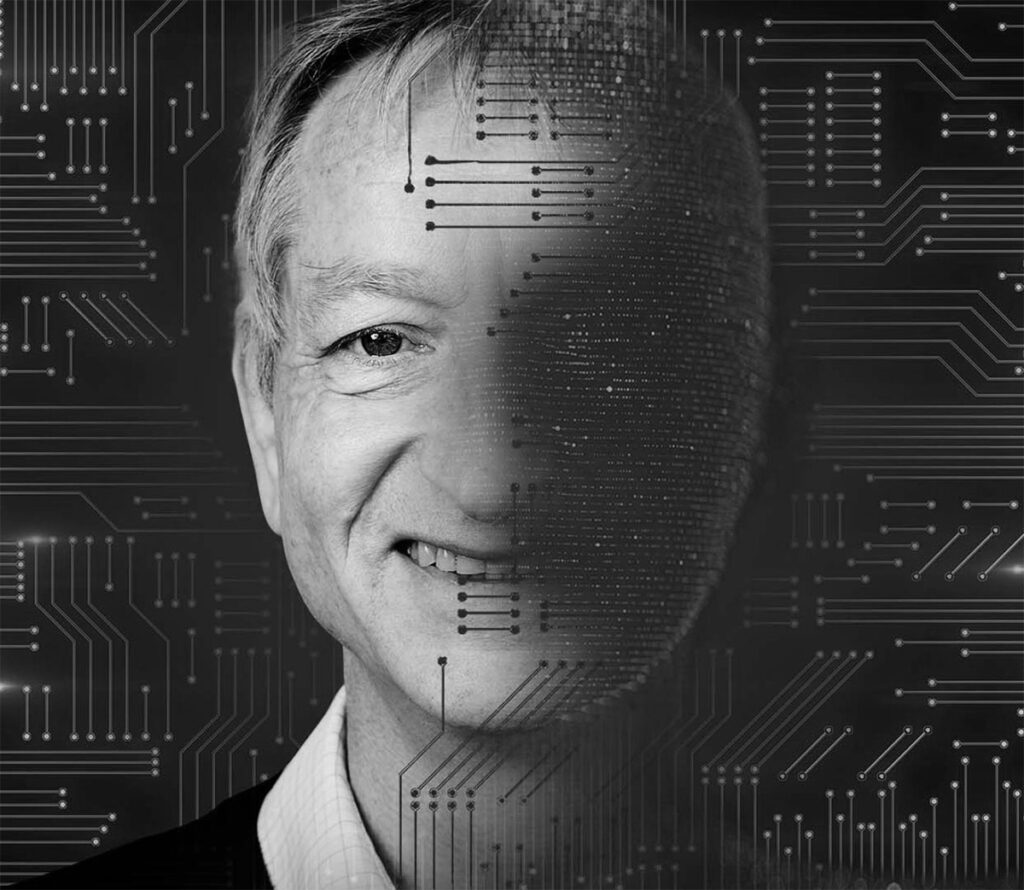In the ever-evolving landscape of technology, few names stand out as prominently as that of Geoffrey Hinton. Often hailed as the “Godfather of Deep Learning,” Hinton’s contributions to the field of artificial intelligence (AI) have not only transformed the way we interact with technology but have also raised significant questions about the ethical and societal implications of AI. In this article, we delve deep into Geoffrey Hinton’s insights on the promise and risks of artificial intelligence, exploring the profound impact his work has had on the world.
The Journey of a Visionary
Geoffrey Hinton’s journey into the realm of AI can be described as nothing short of visionary. His groundbreaking work in the field of neural networks, particularly deep learning, has paved the way for revolutionary advancements in machine learning. With a career spanning decades, Hinton’s relentless pursuit of AI’s potential has led to major breakthroughs in various domains, from speech recognition to image processing.
The Rise of Deep Learning
At the heart of Hinton’s contributions lies the concept of deep learning—a subset of machine learning that focuses on neural networks with multiple layers, often referred to as artificial neural networks. These networks mimic the human brain’s interconnected neurons, enabling machines to process and analyze data in a more human-like manner.
Under Hinton’s guidance, deep learning has grown from a niche research area to a dominant force in AI. Its applications are far-reaching, from powering voice assistants like Siri and Alexa to enhancing medical image analysis for more accurate diagnoses.
The Promise of Artificial Intelligence
Geoffrey Hinton firmly believes that artificial intelligence holds immense promise for the future. He envisions a world where AI systems can understand and interpret complex data, leading to solutions for some of humanity’s most pressing challenges.
Healthcare Revolution
One of the most exciting aspects of AI’s promise is its potential to revolutionize healthcare. Hinton’s work has been instrumental in developing AI algorithms that can analyze medical images with unprecedented accuracy. This means faster and more precise diagnoses, ultimately saving lives.
Enhanced Natural Language Processing
In the era of information overload, AI-powered natural language processing (NLP) is a game-changer. Hinton’s contributions to this field have led to algorithms that can understand and generate human language, improving communication between humans and machines. This has implications for customer service, content generation, and even language translation.
Autonomous Vehicles
The automotive industry is on the cusp of a major transformation, thanks to AI. Hinton’s work has played a role in developing self-driving cars that can navigate complex environments safely. This not only promises to make transportation more efficient but also reduces the risk of accidents caused by human error.
The Risks and Ethical Dilemmas
While the promise of artificial intelligence is undeniable, Geoffrey Hinton is acutely aware of the risks and ethical dilemmas associated with its rapid advancement.
Job Displacement
The widespread adoption of AI technologies may lead to job displacement in certain industries. As AI becomes increasingly proficient in tasks traditionally performed by humans, there is a need for careful consideration of the societal implications, including potential job loss.
Bias in AI
AI systems are only as unbiased as the data they are trained on. Hinton acknowledges the risk of AI perpetuating existing biases present in the data. It is crucial to address this issue to ensure AI benefits all members of society fairly.
Privacy Concerns
The proliferation of AI systems capable of processing vast amounts of personal data raises significant privacy concerns. Hinton emphasizes the importance of robust data protection measures and ethical guidelines to prevent misuse of sensitive information.
